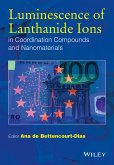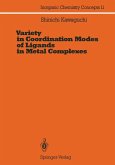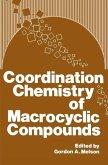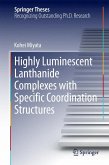This book addresses the nature of the chemical bond in inorganic and coordination compounds. In particular, it explains how general symmetry rules can describe chemical bond of simple inorganic molecules. Since the complexity of studying even simple molecules requires approximate methods, this book introduces a quantum mechanical treatment taking into account the geometric peculiarities of the chemical compound. In the case of inorganic molecules, a convenient approximation comes from symmetry, which constrains both the electronic energies and the chemical bonds. The book also gives special emphasis on symmetry rules and compares the use of symmetry operators with that of Hamiltonian operators. Where possible, the reactivity of molecules is also rationalized in terms of these symmetry properties. As practical examples, electronic spectroscopy and magnetism give experimental confirmation of the predicted electronic energy levels.
Adapted from university lecture course notes, this book is the ideal companion for any inorganic chemistry course dealing with group theory.
Dieser Download kann aus rechtlichen Gründen nur mit Rechnungsadresse in A, B, BG, CY, CZ, D, DK, EW, E, FIN, F, GR, HR, H, IRL, I, LT, L, LR, M, NL, PL, P, R, S, SLO, SK ausgeliefert werden.









